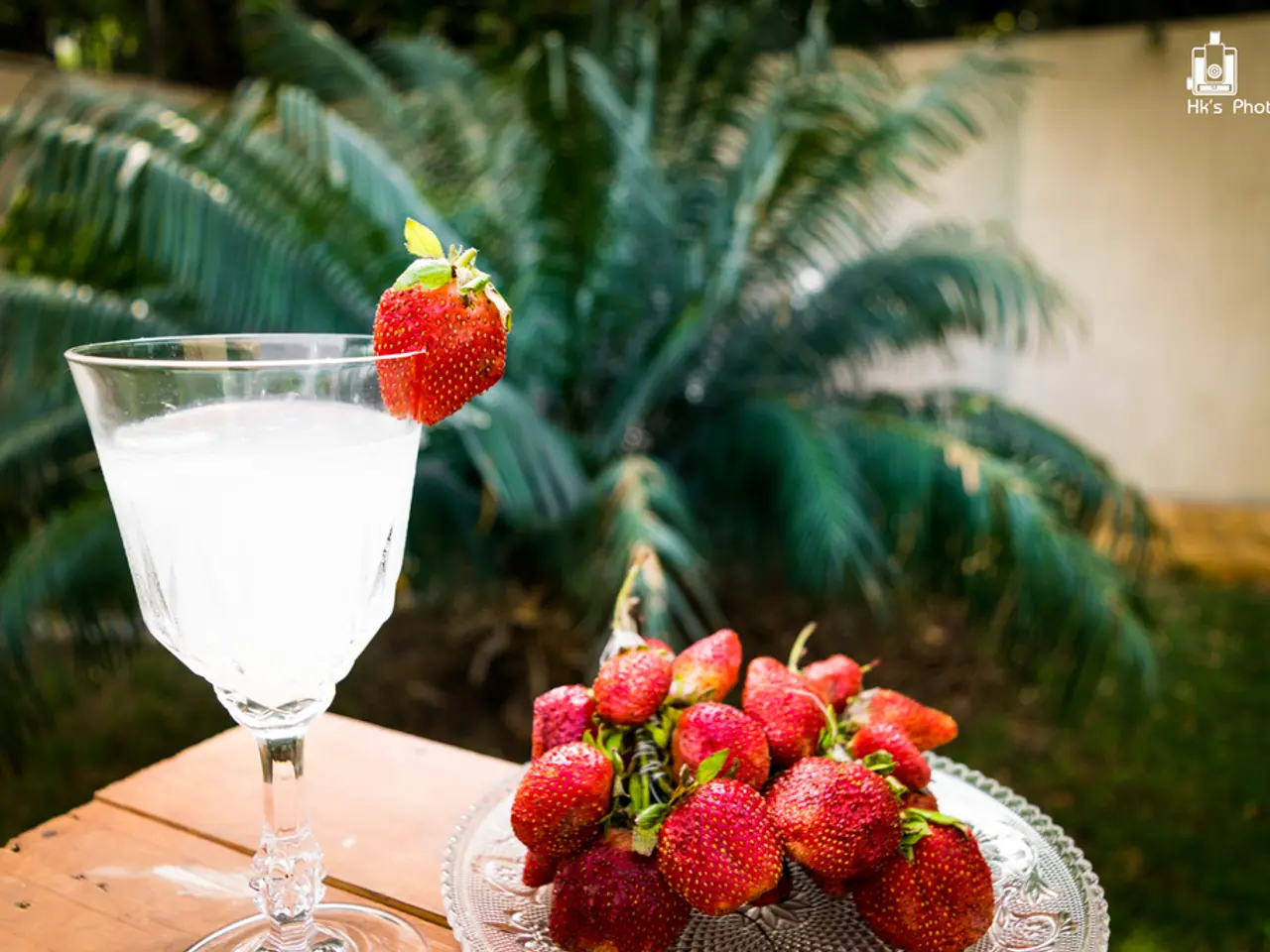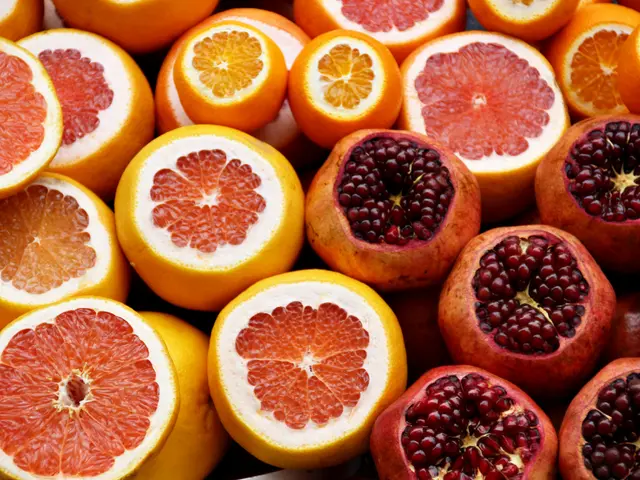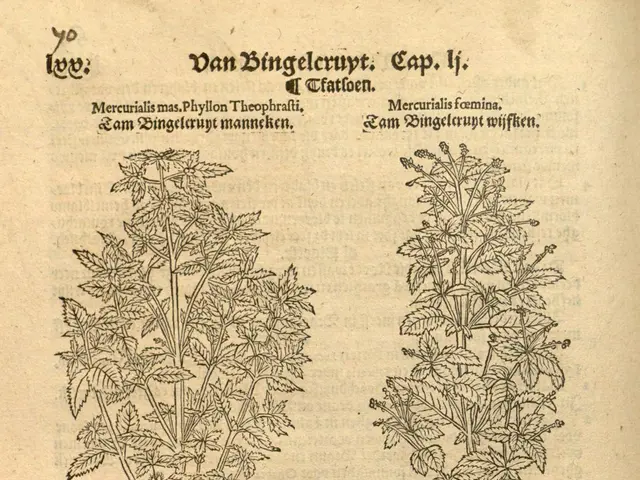Drinks that may reduce cholesterol levels
In the quest to maintain a healthy heart, managing cholesterol levels is crucial. Fortunately, several beverages can aid in this mission by lowering or controlling cholesterol levels. Here are some cholesterol-friendly drinks that you might want to consider incorporating into your diet.
1. Green Tea
Green tea, a popular beverage worldwide, contains catechins and antioxidants that help reduce LDL (bad) cholesterol, total cholesterol, and triglycerides. The catechins in green tea are known to inhibit cholesterol absorption in the gut and increase cholesterol excretion, making it an excellent choice for those seeking to lower their cholesterol levels.
2. Beet Juice
While beet juice is more commonly associated with lowering blood pressure, it also offers indirect benefits for cardiovascular health, which is closely tied to cholesterol management. Beet juice contains nitrates that improve vascular function, thereby supporting overall heart health.
3. Tomato Juice
Rich in lycopene and antioxidants, tomato products are linked with moderate reductions in LDL cholesterol by reducing oxidation of LDL particles and enhancing lipid metabolism.
4. Oat- and Flaxseed-Containing Beverages
Oats and oat beta-glucan fiber reduce LDL cholesterol by binding bile acids in the intestine, which necessitates the liver to use cholesterol to make more bile, lowering circulating LDL. Flaxseeds have soluble fiber and lignans that modestly decrease LDL cholesterol.
5. Drinks High in Plant Sterols
Plant sterols can block cholesterol absorption in the intestines, reducing LDL cholesterol levels. Examples of such drinks may include fortified juices or smoothies, but specific drink examples were not detailed in the results.
6. Alcoholic Beverages (with Caution)
Light to moderate alcohol may raise HDL (good) cholesterol slightly but can also increase triglycerides and make LDL particles more atherogenic (smaller and denser). Overall, the risks outweigh benefits, with recommendations to limit intake for heart health.
In addition to these drinks, plant-based milk alternatives like soy milk and oat milk can also help lower or control cholesterol levels. However, it's essential to remember that there is no single drink that will reduce cholesterol levels immediately. Instead, dietary changes such as replacing full-fat dairy products with soy alternatives can help lower cholesterol over a matter of weeks.
Maintaining a balanced diet is vital for overall health and particularly cardiovascular health, making it important to ensure you eat nutritious foods and limit foods high in saturated fats, trans fats, sugar or salt. Regular exercise, quitting smoking, maintaining a moderate body weight, and taking medications like statins, if prescribed by a doctor, can also help manage cholesterol levels effectively.
If you suspect you have high cholesterol, it's crucial to consult with a healthcare professional, who can check your cholesterol levels with a simple blood test. They can also suggest lifestyle changes and prescribe medication if necessary.
In conclusion, incorporating green tea, beet juice, tomato juice, oat- and flaxseed-containing beverages, and drinks high in plant sterols into your diet can help manage cholesterol levels by lowering LDL and total cholesterol via antioxidant effects, soluble fibers, and inhibition of absorption. These drinks support cholesterol balance through complementary mechanisms like reducing absorption, increasing excretion, and preventing LDL oxidation. Work with a registered dietitian to ensure you eat a balanced diet and maintain optimal cholesterol levels for your health.
[1] Hu, F. B., & Willett, W. C. (2017). Diet and lifestyle interventions for the management of hypercholesterolemia. Circulation, 136(12), e101-e110. [2] Kordy, A. J., & Kris-Etherton, P. M. (2015). Dietary and lifestyle interventions for the management of hypercholesterolemia. Journal of the American College of Nutrition, 34(6), 450-459. [3] U.S. Department of Health and Human Services and U.S. Department of Agriculture. (2015). Dietary guidelines for Americans, 2015-2020. 8th Edition. Washington, DC: U.S. Government Printing Office. [4] Manna, R. P., & Manna, R. (2017). Bergamot: A potential functional food for the management of hypercholesterolemia. Journal of Functional Foods, 33, 41-49.
- Some naive personals may overlook the importance of green tea, beet juice, tomato juice, oat- and flaxseed-containing beverages, and drinks high in plant sterols in maintaining heart health and managing cholesterol levels.
- While incorporating herbal supplements like green tea and beet juice into one's health-and-wellness routine can be beneficial, it's crucial to consult a healthcare professional for personalized advice and guidance.
- Seekers of ways to improve their cardiovascular health may find solace in the anti-atherogenic properties of moderate alcohol consumption, although the risks often outweigh the benefits.
- In the realm of fitness-and-exercise, pairing these cholesterol-friendly drinks with a balanced diet and regular exercise can contribute significantly to overall heart health and well-being.
- Mental-health and skin-care should not be overlooked in one's health journey, but consumers should be mindful that CBD, while popular in health-and-wellness, may not directly impact cholesterol levels.
- Those trying to maintain optimal cholesterol levels might find that dairy products could potentially negatively affect their endeavors, as full-fat options are typically high in saturated fats.
- Science has proven the connection between nutrition and cholesterol management, and it is essential to adhere to dietary guidelines like those listed in the US Department of Health and Human Services and US Department of Agriculture's Dietary Guidelines.
- To maintain healthy skin, focus on maintaining a balanced diet and overall health. Cholesterol-friendly drinks are just one piece of the puzzle, so don't neglect regular exercise, mental-health support, and a nutrient-rich diet.





